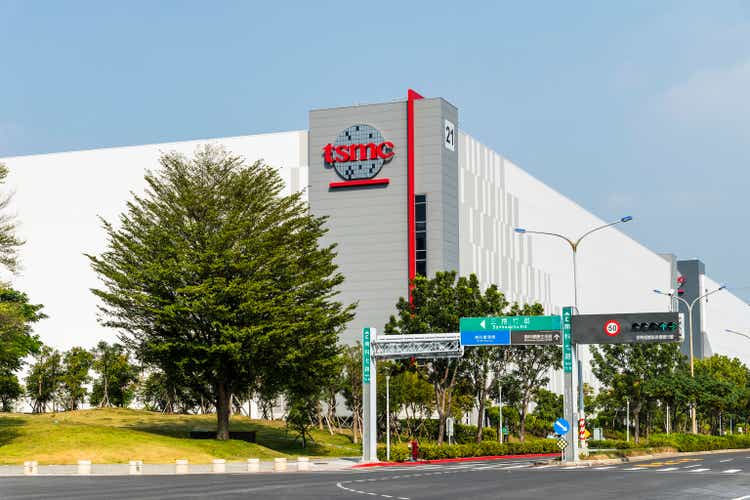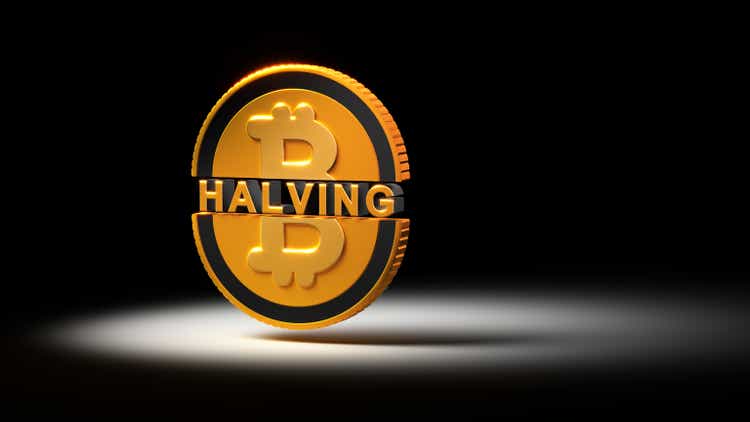Arm China’s renegade chief makes his last stand

High in a Shenzhen office tower, the new chief executive of Arm’s China unit found a six-man security team barring his entrance to the UK chip designer’s offices.
But Liu Renchen, glasses pressed to his nose and khakis hiked up to his belly button, was determined to enter and resolve a two-year corporate battle. Gaining control over the renegade Chinese unit is crucial to plans being drawn up by Arm’s owner, Japan’s SoftBank, to list the UK’s biggest technology company.
Last week, Shenzhen officials finally agreed to remove Arm China head Allen Wu, clearing his name from business records and fashioning a new “chop”, or company seal, which authorises official documents and with which Wu has wielded power for nearly two years.
Wu has refused to surrender. “Legally we have control, physically, the other side is not putting it on a silver platter,” said a person close to Arm China’s board. “We have to go in and take it.”
This account of the battle for control of Arm China is based on multiple people with direct knowledge of the events. Allen Wu, Arm China, Arm and SoftBank did not respond to requests for comment.
The stand-off ended after police descended on Arm’s 24th-floor offices and hauled away two of Wu’s guards. Liu posed for a stiff, unsmiling photo in front of big Chinese characters suspended in the office fountain: Anmou Keji or Arm Technology.
But recapturing the Shenzhen office this past Friday proved only a partial victory as Wu’s team notified employees in the city to work from home until further notice.
In recent days, both sides have bombarded Arm China’s roughly 800 staff with messages. Wu’s team sent instructions to report “requests for any information or to execute any command” to their current supervisors “to prevent disclosing non-public information to the outside”.
Meanwhile, his loyalists in control of the IT system blocked emails and deleted internal messages from the new Arm-backed leadership team that instructed employees and managers to stop obeying Wu. His team had also retained the bank accounts, website, social media accounts and headquarters in Shanghai.
But on Friday morning, Wu’s hold on the company began to crack. An IT manager “betrayed” him, said one person involved. Liu’s emails began to land in staff inboxes. Arm China’s website, used by Wu to propagate attacks on SoftBank as a “big Western capital consortium” bent on stymying China’s chip industry, was taken down.
When Arm and its Chinese partner Hopu Investments do fully regain control of the venture, it will be of a company that Wu has remade over two years of unfettered power.
He has systematically removed disloyal employees and fostered personal loyalty by handing out bonuses and perks while hiring dozens of staff. Recent Chinese new year red envelopes full of cash were stamped with the character for his surname “Wu” rather than the company name.
He has also pushed the idea internally that “Anmou Keji” is an independent company dedicated to the build-up of China’s semiconductor industry, messaging that has led some rank and file staff to consider Liu an illegitimate successor.
Last week, 430 Arm China employees signed an open letter backing Wu. “The Anmou Keji team backs the leadership of Allen Wu and will unswervingly follow the path of independent development and self-improvement, working together to build Anmou Keji into a great Chinese technology company!” the letter said.
While some employees said they were under pressure to sign, their admiration for Wu and his willingness to continue supplying chip designs to Chinese national champion Huawei in the face of Washington’s sanctions is genuine, too.
A similar open letter released two years ago at the dispute’s outset was used as a loyalty test, with several employees who didn’t sign demoted. Jurgen Hao, who worked on the sales team in Beijing, said he was stripped of 80 per cent of his critical customer accounts because he declined to add his name.
The corporate battle highlighted the perils of doing business in China for foreign investors lured by the appeal of the vast market.
At nearly every turn, Arm and its owner SoftBank have been outmanoeuvred by local operators. Communist party-controlled courts never held an official hearing on lawsuits connected to the stand-off. In the end, it took the possibility of losing Arm’s direct participation in the local joint venture for the Chinese government to act.
Replacing Wu as co-CEO and in the critical role of legal representative is Liu, a government adviser and businessman who has married his career with the interests of the state. For more than a decade, he has worked to facilitate technology transfer to China, with a stint in San Francisco recruiting tech talent and projects to Shenzhen, according to state media. He currently leads a state-backed venture called Shenzhen Qingyan Technology Transfer Co.
People involved said Liu was a compromise candidate chosen to satisfy Chinese officials and clear the way for the return of Arm China to its majority shareholders.
From Beijing’s viewpoint, Arm’s energy-efficient chip blueprints are a crucial piece of the puzzle in the country’s race to catch up with the US in semiconductors. Arm’s designs underpin almost every smartphone.
But as with any foreign product critical to China’s tech supply chain, Arm made Beijing uneasy. To tamp down those concerns and further embed Arm’s designs in China’s booming electronics industry, the UK company established a joint venture in 2018.

Chinese investment firm Hopu took a 36 per cent stake and Wu criss-crossed the country to rope in other investors. “Allen spent months planning the structure of the joint venture to maximise his control,” said one Wu confidant. Most of the money Wu raised, $202mn in total, bought a 13.3 per cent stake, which on paper was ultimately controlled not by Wu, but by a stand-in shareholder.
Arm executives in Cambridge appear to have been left unaware of the arrangement. It remains unclear what will happen to Wu’s share interests. He has previously demanded as much as $200mn to buy him out.
People involved say that with the Shenzhen record change, Arm and its partner Hopu will eventually gain full control of the company, but note the stand-off could still drag on as Shanghai, where Wu and its main offices are based, remains under a Covid-19 lockdown.
“He has a team of creative lawyers searching for ways to keep him in power,” the person close to the board added. He may not be able to continue paying them from Arm China’s accounts for much longer.
Nian Liu contributed reporting from Beijing
World News || Latest News || U.S. News
Source link



